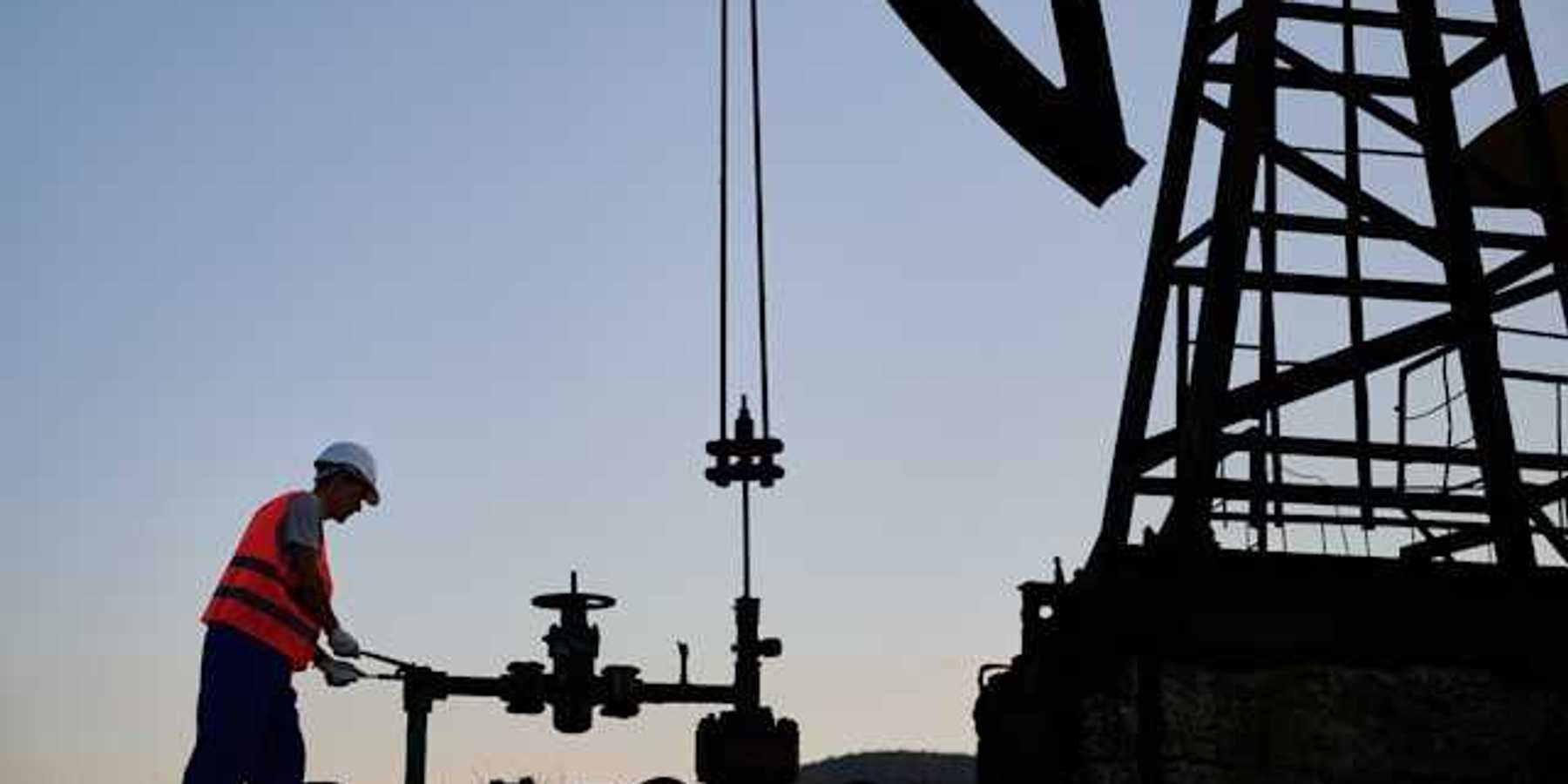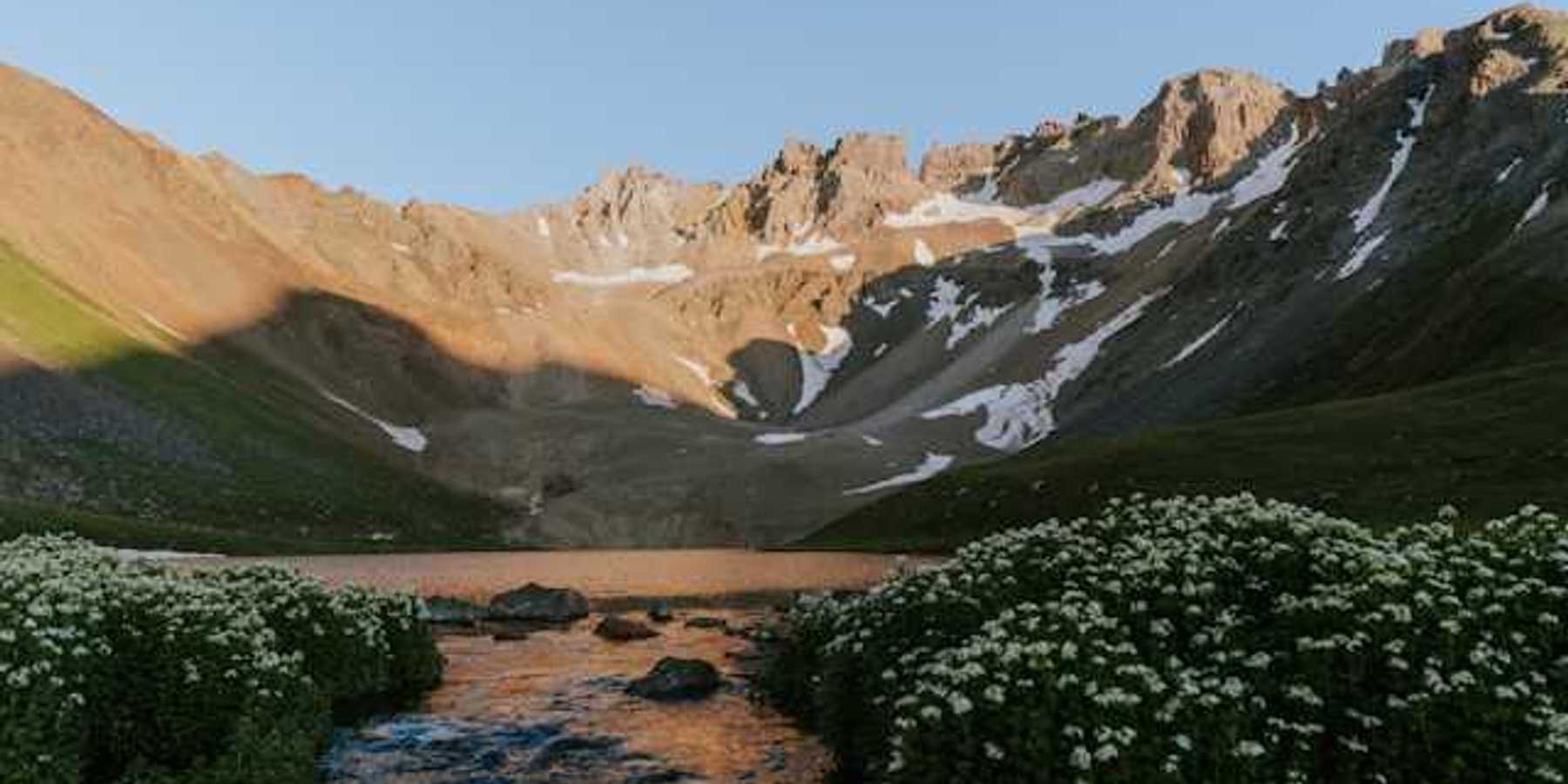Chile's lithium rush strains Indigenous communities and dries up a fragile desert ecosystem
A lithium mining boom in Chile’s Atacama Desert is depleting water resources and transforming the lives of Indigenous Lickanantay communities, who now face worsening drought, ecological loss, and cultural disruption.
Muriel Alarcón reports for Grist
In short:
- Chile’s Atacama Salt Flat holds one of the world’s richest lithium reserves, fueling a rapid expansion of mining driven by global demand for electric vehicles and renewable energy storage.
- The extraction process uses vast amounts of water, exacerbating scarcity in one of Earth’s driest places and threatening ecosystems, including flamingo habitats and sacred Indigenous lands.
- Local leaders and environmental advocates, including the Council of Atacameño Peoples, are demanding oversight, water rights, and research into mining’s long-term impacts.
Key quote:
“Not all of us are against mining, but we do want to know the state of health of our basin. We don't want to be a sacrifice zone.”
— Edwin Erazo, pharmacist from the community of Cúcuter
Why this matters:
In the parched salt flats of northern Chile, the global race for green energy is colliding head-on with the realities of local water scarcity and Indigenous rights. Lithium, a key ingredient in batteries that power electric vehicles and store renewable energy, is often touted as the cornerstone of a clean energy future. But the process relies on pumping vast amounts of underground brine to the surface, where water evaporates and leaves lithium behind — a practice that depletes precious aquifers and disrupts delicate desert ecosystems. While mining companies claim to follow sustainability protocols and consult with residents, many locals describe these efforts as superficial, arriving too late or without meaningful input. As demand for lithium surges, this environmental and ethical dilemma underscores a growing tension in climate action — where the tools to fight one crisis risk deepening another.
Related: Lithium mining poses risks to Indigenous cultures and environments in Argentina













